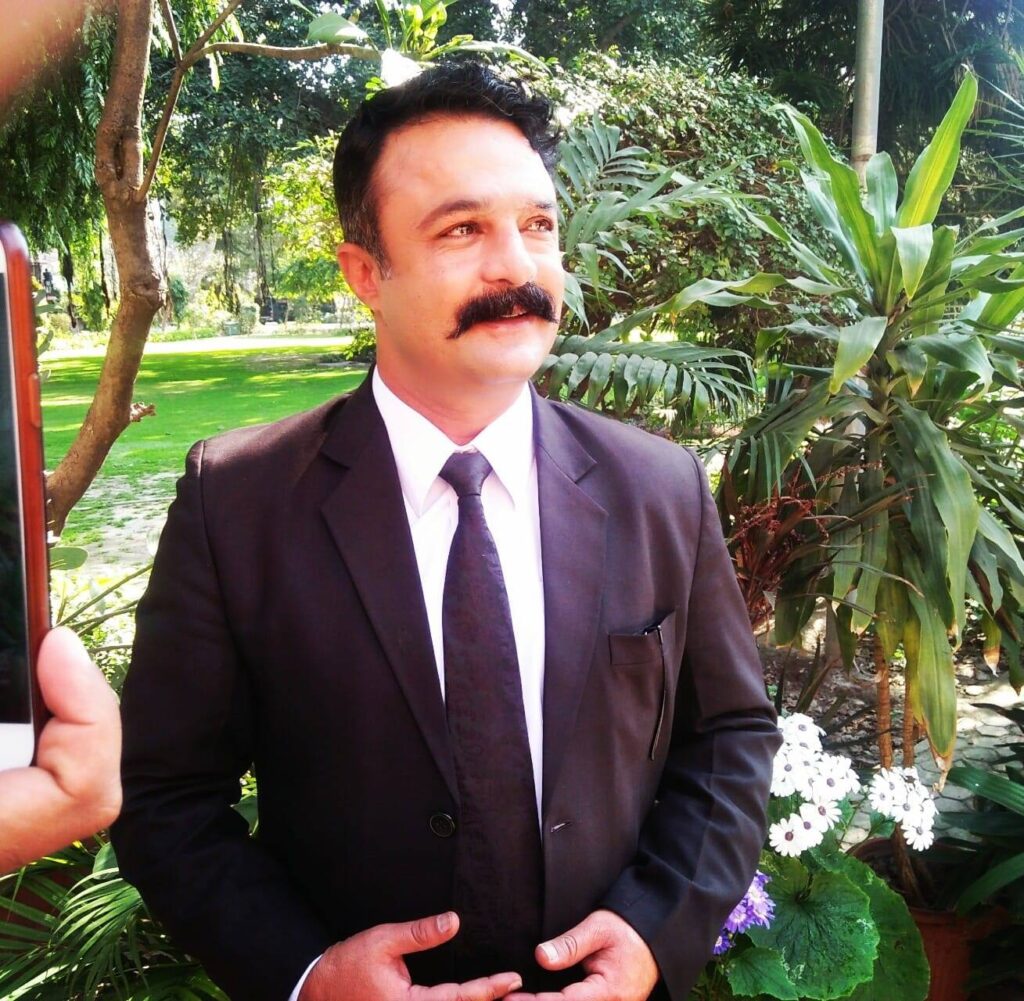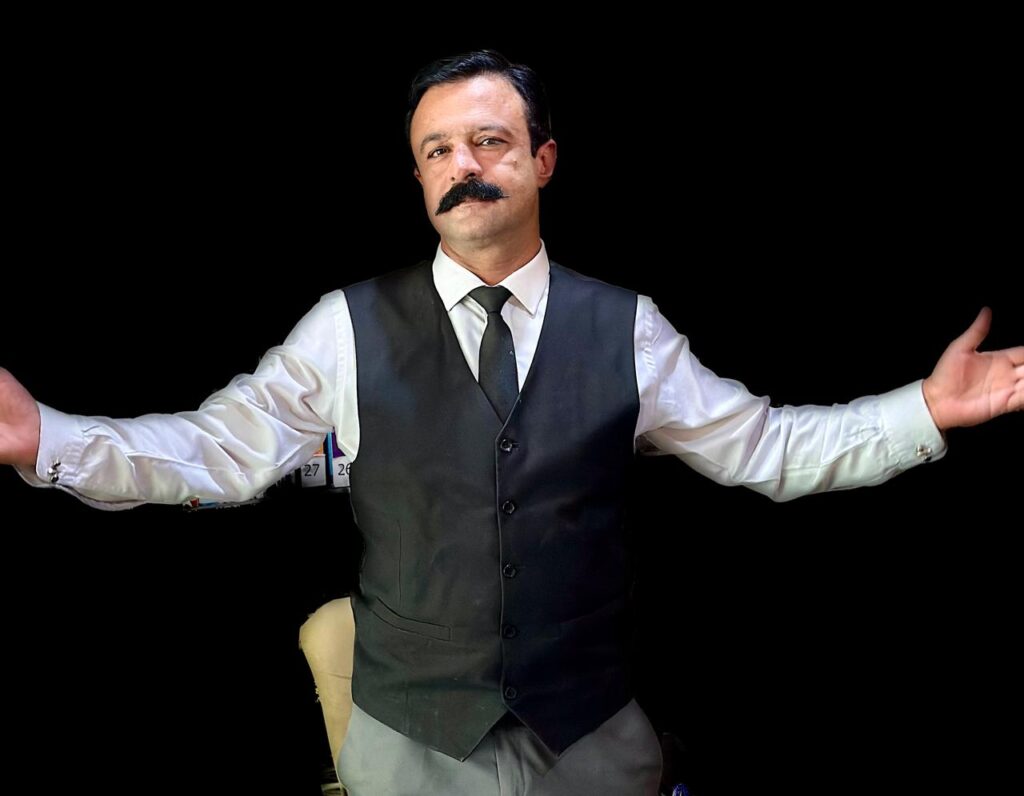This is a legal explanation about the potential issues surrounding Power of Attorney (POA), specifically in cases where a POA holder might misuse their authority. Here’s a summary of the key points:
Power of Attorney (POA) and Property Transactions: The speaker discusses situations where a person with a general or special POA transfers property to a relative or another individual. This is often done without the consent of the original owner or without delivering the agreed-upon payment.
Legal Standing: If a POA holder takes advantage of the power granted and doesn’t fulfill their obligation to transfer money or property as promised, this could lead to legal complications. A POA holder cannot keep the money for themselves without facing legal consequences.
Revocation of POA: If the POA holder does not comply, the principal (the person who granted the POA) can revoke the POA. This must be done by issuing a formal revocation on a stamp paper, followed by registering it at the relevant office and publicizing it in a newspaper to inform the public of the change.
POA Validity: A POA is only valid during the lifetime of the attorney (the person granted the POA). If the POA holder dies, their authority is automatically revoked. Therefore, the principal must be vigilant and take legal steps if needed to prevent fraud or misuse.
Contingent Contracts: The speaker highlights the importance of creating a contingent contract along with the POA, which can define the terms and conditions of property transactions. This can protect the interests of the principal, especially if the property title is not yet clear.
Court Proceedings: In case of disputes, it’s crucial to provide clear evidence of the transaction, including proof of money exchanged. Without this, the court may dismiss the claim, as it would lack sufficient documentation to support the case.



